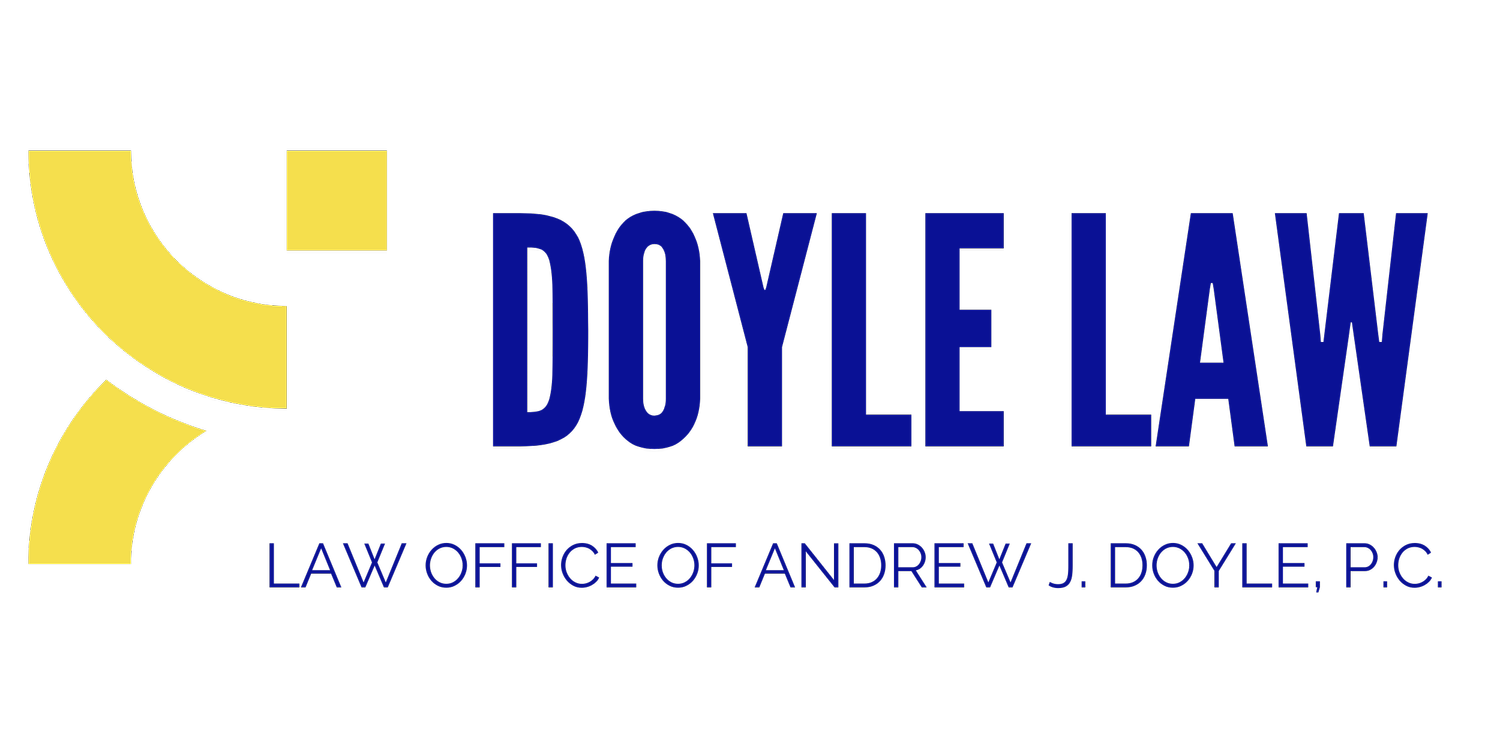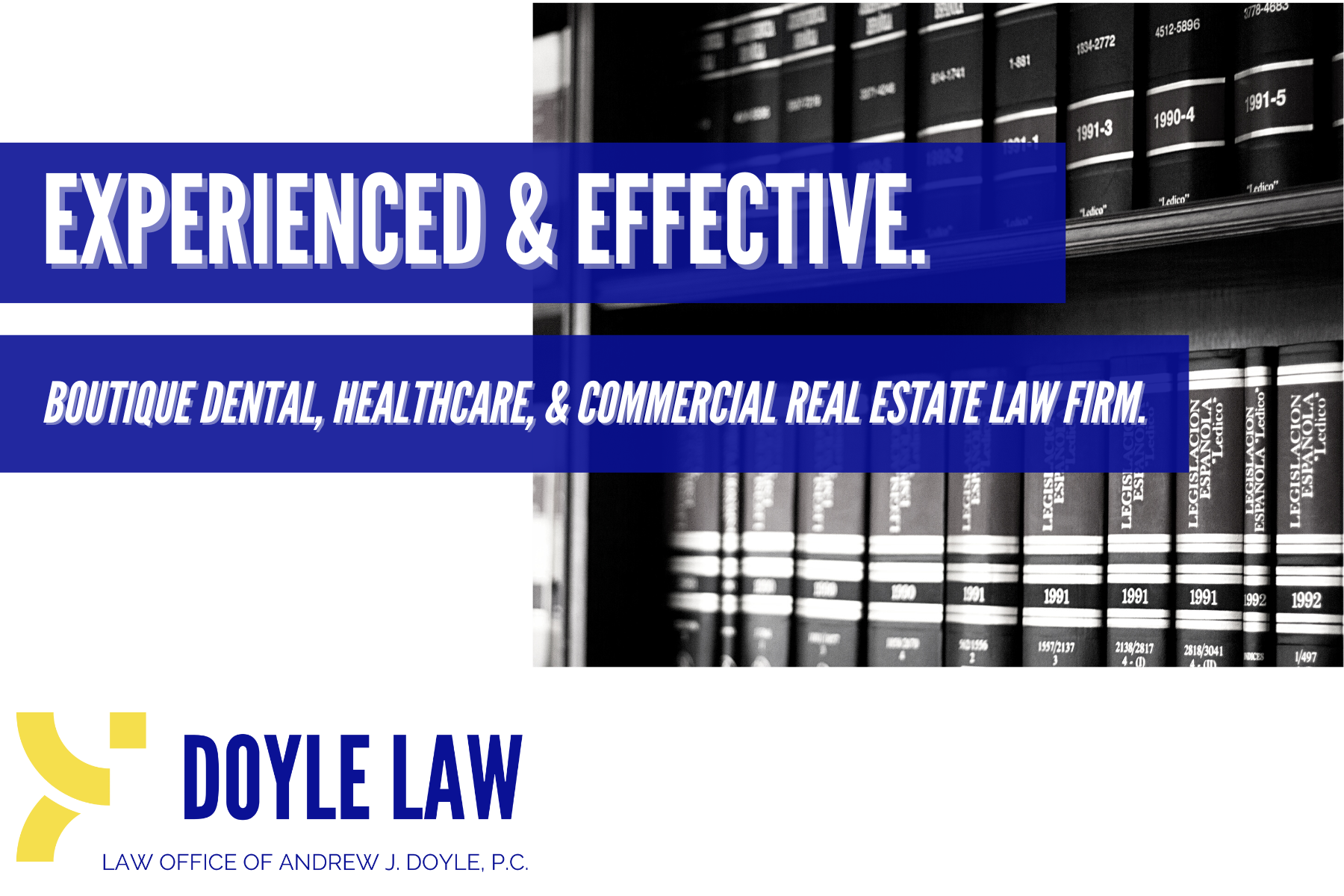Dental Practice Formation & Structure
>> formation & structure <<
Dental business formation and structuring involve starting up a dental business from scratch. You have your license to practice dentistry, but you need a vehicle to practice out of and to protect your liabilities as well as optimize the tax structure. Here is a checklist of needs and considerations:
Choosing a legal structure (whether you’re going on a solo practice or group practice)
Identifying a business name
Registering your business with state and local authorities and the dental board
Filing the necessary paperwork
Paying fees and taxes
Finding a location for your practice (if a start up)
Buying or renting said location (including putting together contracts and agreements)
Hiring people (staff members and/or associates)
Drafting and filing the paperwork regarding the hiring of said staff members and/or associates
These are just some of the processes that are expected of you but you can already see how they can be overwhelming, especially considering the fact that there are legal implications if they are not done properly. This is why it’s important to seek and engage counsel that is experienced and effective in helping dental practices and dental professionals.
>> The Importance of Choosing the Right Structure <<
You may not know this yet, but choosing the right structure for your practice is one of the most important decisions that you’ll have to make for your business. In fact, your choice can dictate what’s going to happen in the future if and when any issues arise.
You have to know that there’s no single specific structure that’s going to fit all dental practices. It’s on a case to case basis, and is dependent on several factors:
The number of owner/s
Finances and structure of the ownership
How the practice will conduct business
Whether ownership will actually be practicing or merely using the practice as an investment
What state is the practice located in
What state the business structure is formed and physically located
Once these factors are considered, that’s the only time when you can choose whether your practice will be a sole proprietorship, partnership, corporation, limited liability company, or professional entity.
>> Choosing a Structure can be Overwhelming <<
You have to know and understand the different pluses and minuses of each type of legal structure, both from a compliance standpoint and a tax standpoint. All of which vary on a case by case basis. For example, a limited liability company may not be legal for a dental practice in one state, while it can be the optimal structure in another state. You may think that you’ve already made the right choice, only for you to second guess your choice later on as you explore the other structures.
This is especially true if it is your first time forming a practice. The process can be pretty confusing and you may have some doubts and trepidation.
Once you recognize just how important structure is for the health of your practice, you should seek out counsel that concentrates on dental business formation and structuring. This way, you can be guided accordingly on which structure to choose so your practice can get the legal entity that it needs.
>> next steps <<
Once the structure is chosen, a reputable law firm focusing on helping dentists like Doyle Law, can help you with the formation of your business. As listed above, there are many things that need to be completed. A lot of dentists make the mistake of trying to do everything on their own, unfortunately realizing later on that it actually requires more time, effort, and money to do everything on their own.
By working with Doyle Law, you can just sit back and relax while you let us help you with your dental business formation and structuring. You can rest easy knowing that your practice is starting on the right track and will soon have an entity that will work best for your needs. Future issues can be avoided because your practice has the right structure and was formed in the proper way. You can also save a lot of money down the line because choosing the right structure can also help your practice save money later on.


